I’ve long believed that my thoughts about my nose could fill a book. It’s a striking protuberance, a fraught inheritance, an encumbrance whose meaning changes according to the day, the weather, the energy in a room. (Only other Girls with Noses will understand.) So, I was immediately drawn to and repelled by Moshtari Hilal’s Ugliness, a hybrid work of memoir, poetry, history, theory, and philosophy that investigates that aesthetic category and unpacks the author’s insecurities, especially about her own nose and body hair. Just the sight of the book stirred the feelings “ugly” things do, like fear and curiosity. Would reading it make me feel “seen,” but for the very thing I dread being seen for?
Hilal, a visual artist, writer, and curator, was born in Afghanistan and grew up as a refugee in Germany with a keen sense of otherness. As a child, she drew pictures of her future self with smooth legs, silky hair, and a delicate face, but found her real face too long, her nose too large, and her mustache too striking. “I divided my small body into enemy territories,” she recalls, and made a “battle plan” to bleach and shave.
It’s a striking protuberance, a fraught inheritance, an encumbrance whose meaning changes according to the day, the weather, the energy in a room
In a long section called “Nasal Analysis,” Hilal zeroes in on the face. She writes that a link between plastic surgery and happiness was first drawn in the early twentieth century by “Joseph the Nose Guy”—the nickname of Jacques Joseph, a German surgeon. Considered the father of rhinoplasty, Joseph first honed his technique reconstructing the disfigured faces of soldiers following World War I, but soon expanded his clientele to include many members of Berlin’s Jewish community. He argued there was a “scientific” justification for the surgeries: the patients would be happy and therefore better members of society. (A black-and-white image shows two bandaged patients smiling and dancing.) Hilal writes that Joseph, who was Jewish, used his non-Jewish wife to illustrate the ideal female visage.
I laughed at that line, but my heart raced as I read—the familiar shame. To me, just the word rhinoplasty is unwieldy. It’s too conspicuous, it sounds enormous—I guess because of an automatic mental jump I make to a rhinoceros? Like so many things, the word, it seems, draws attention to my nose, the thing I’m apt to believe everyone is really thinking about. In my youth, that belief sometimes prompted me to make a joke about it. The impulse to name one’s insecurities before anyone else can and thereby reclaim a little power is at the heart of Ugliness, but the book does far more. Hilal ranges fluidly, playfully, across centuries, among theorists and superstars, from Frantz Fanon to Bella Hadid, Walter Benjamin to Kim Kardashian.
EMMELINE CLEIN ON PLASTIC SURGERY
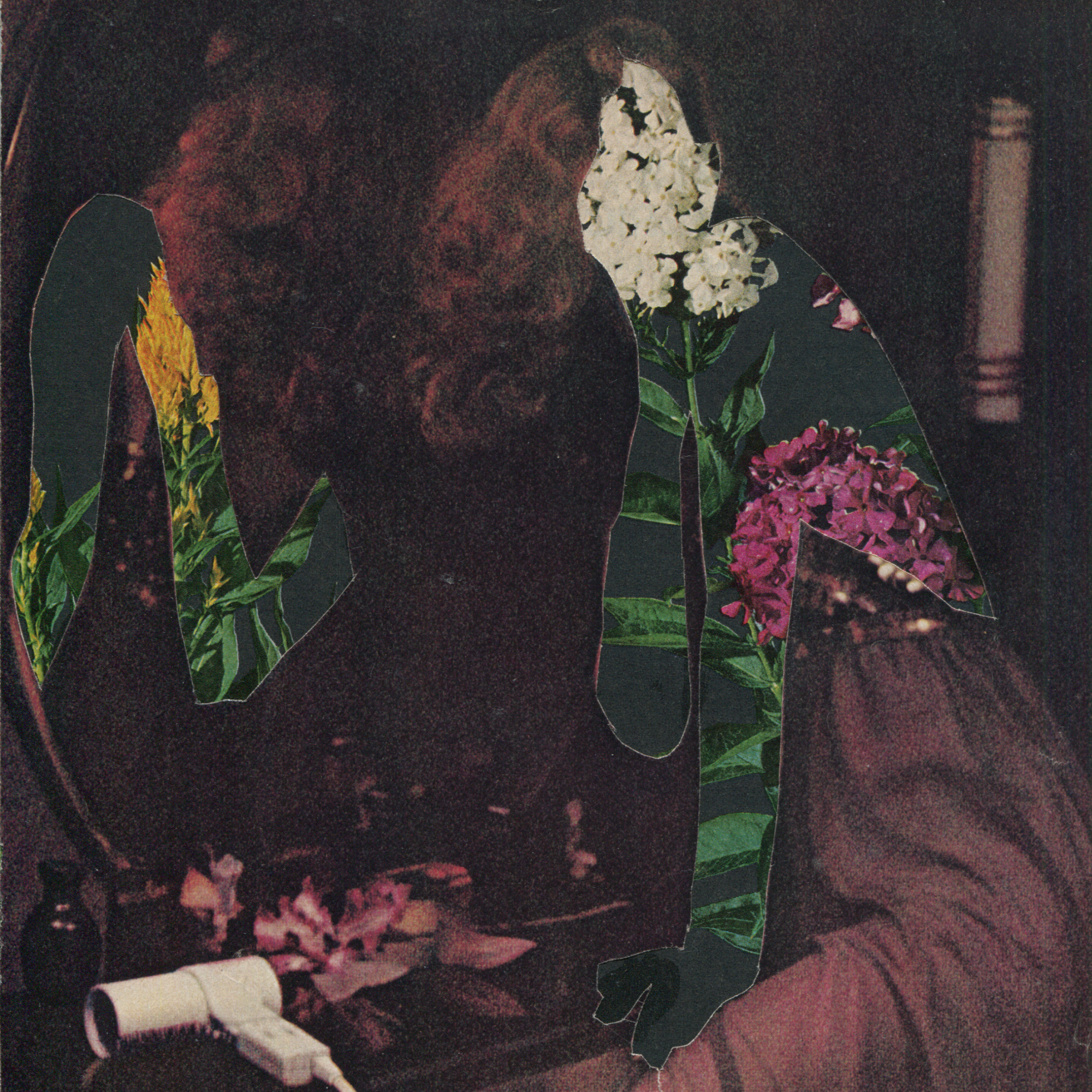 | Dec 12, 2024 What does it mean to be botched? |
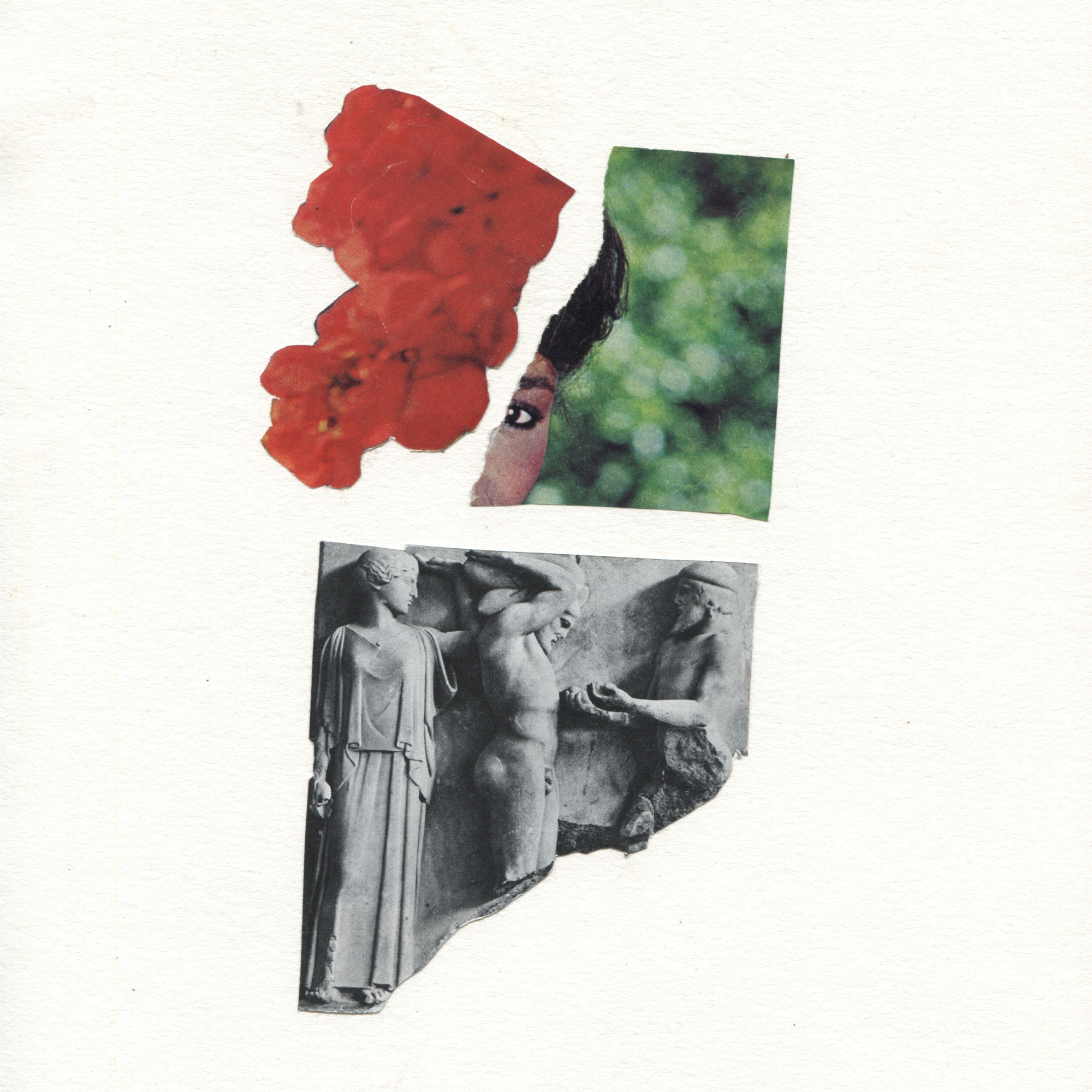 | Dec 13, 2024 Pain is beauty. |
|
BODIES BODIES BODIES
| 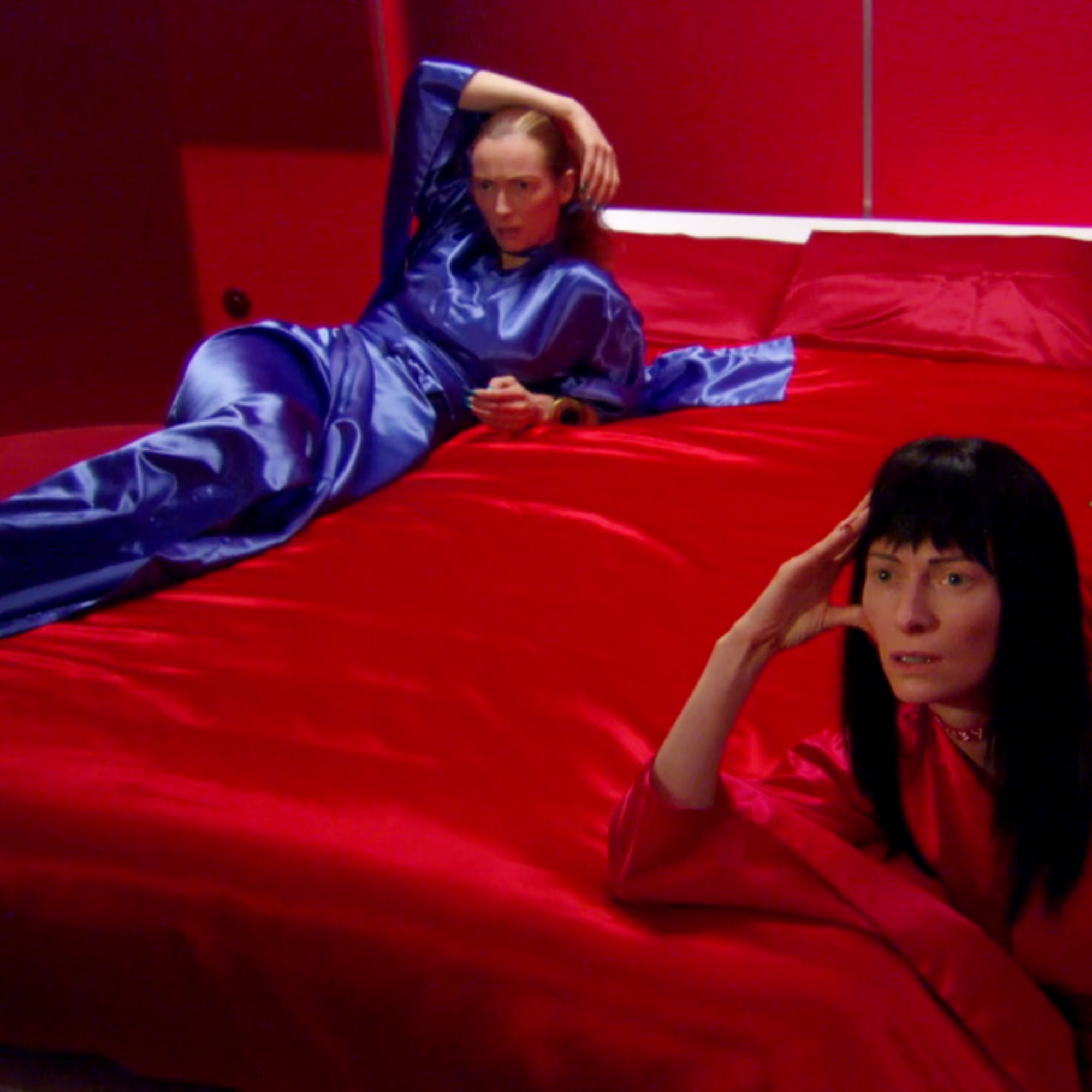 | Oct 18, 2024 |
|
| 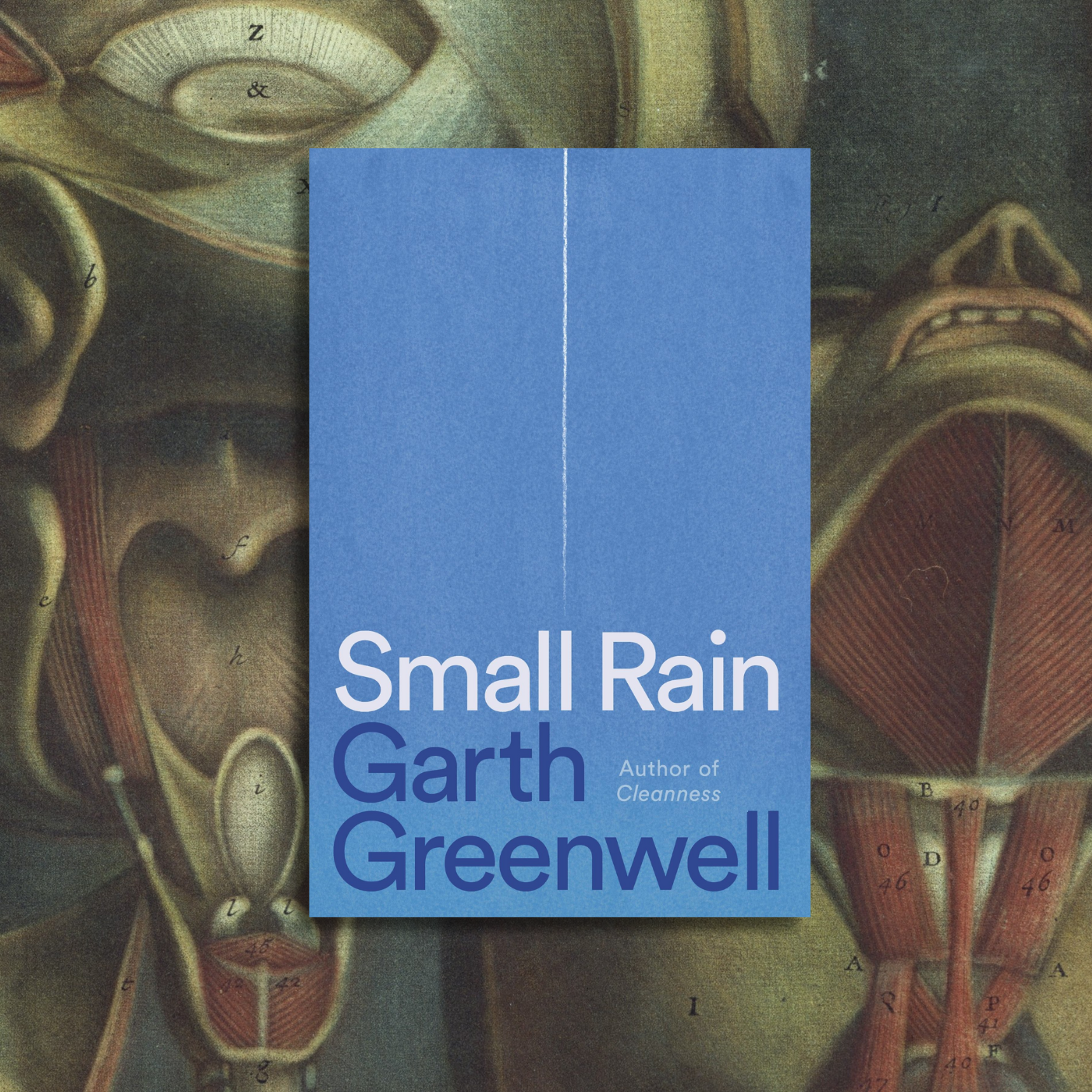 | Sep 5, 2024 |
|
| 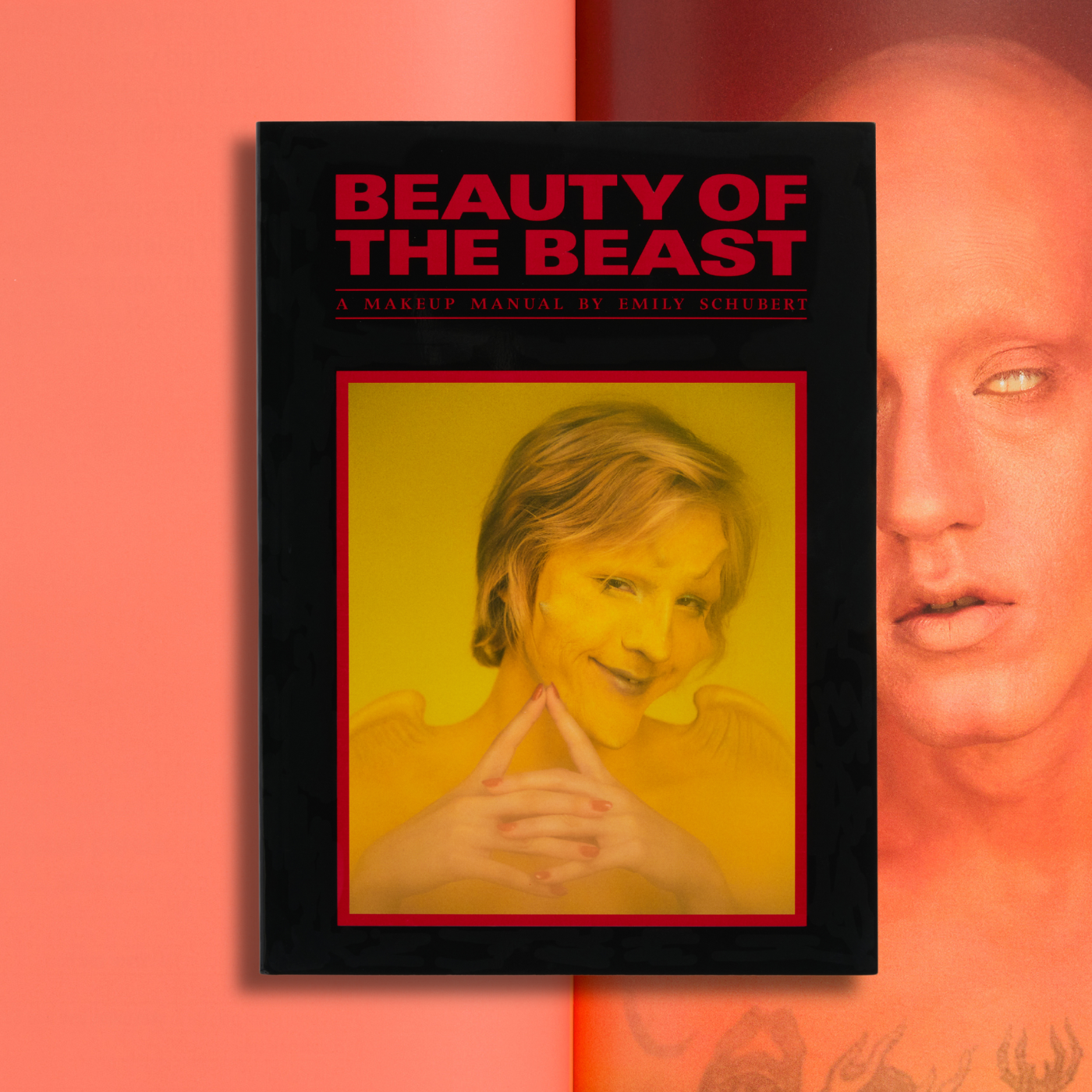 | Jun 6, 2024 |
|
| 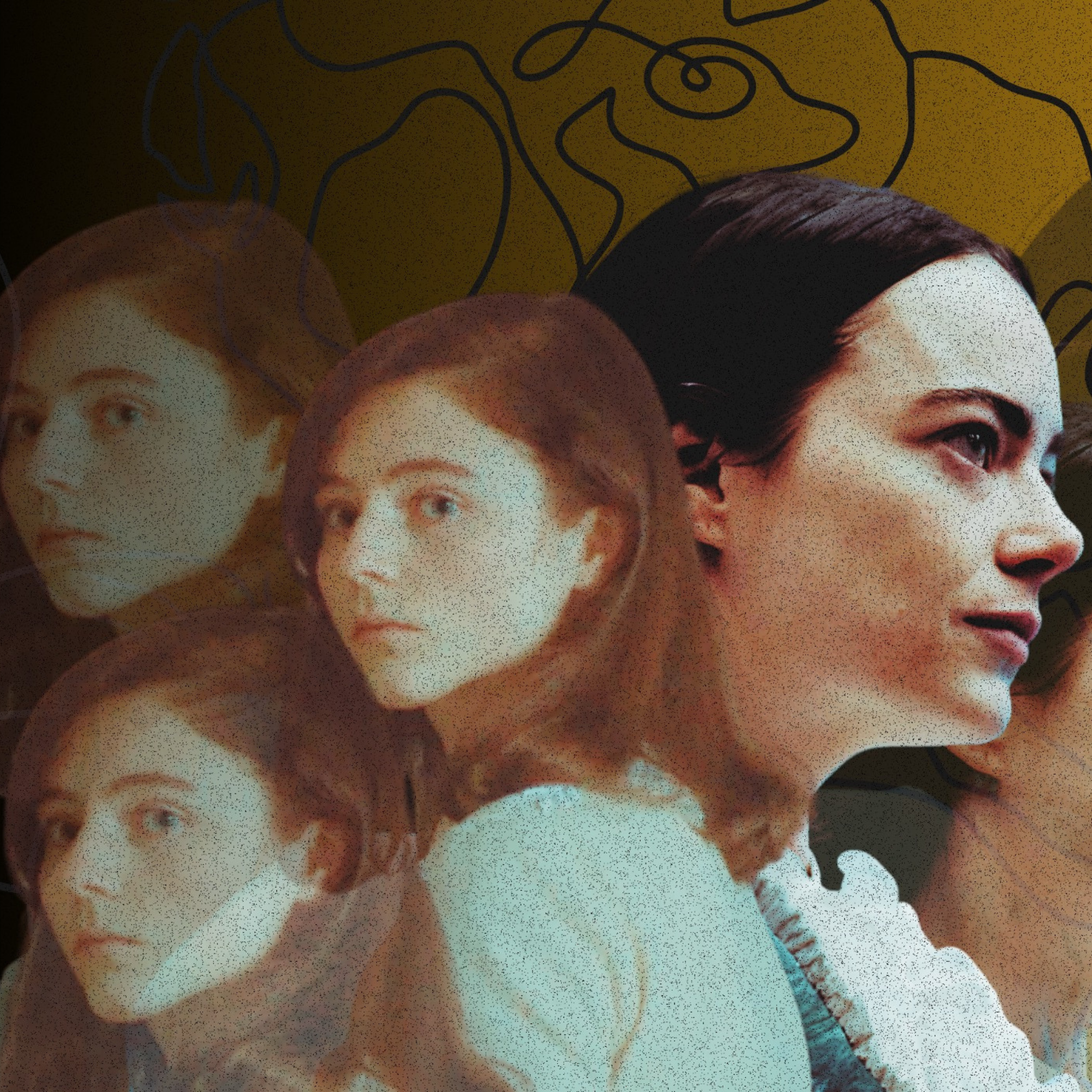 | Mar 8, 2024 |
|
| 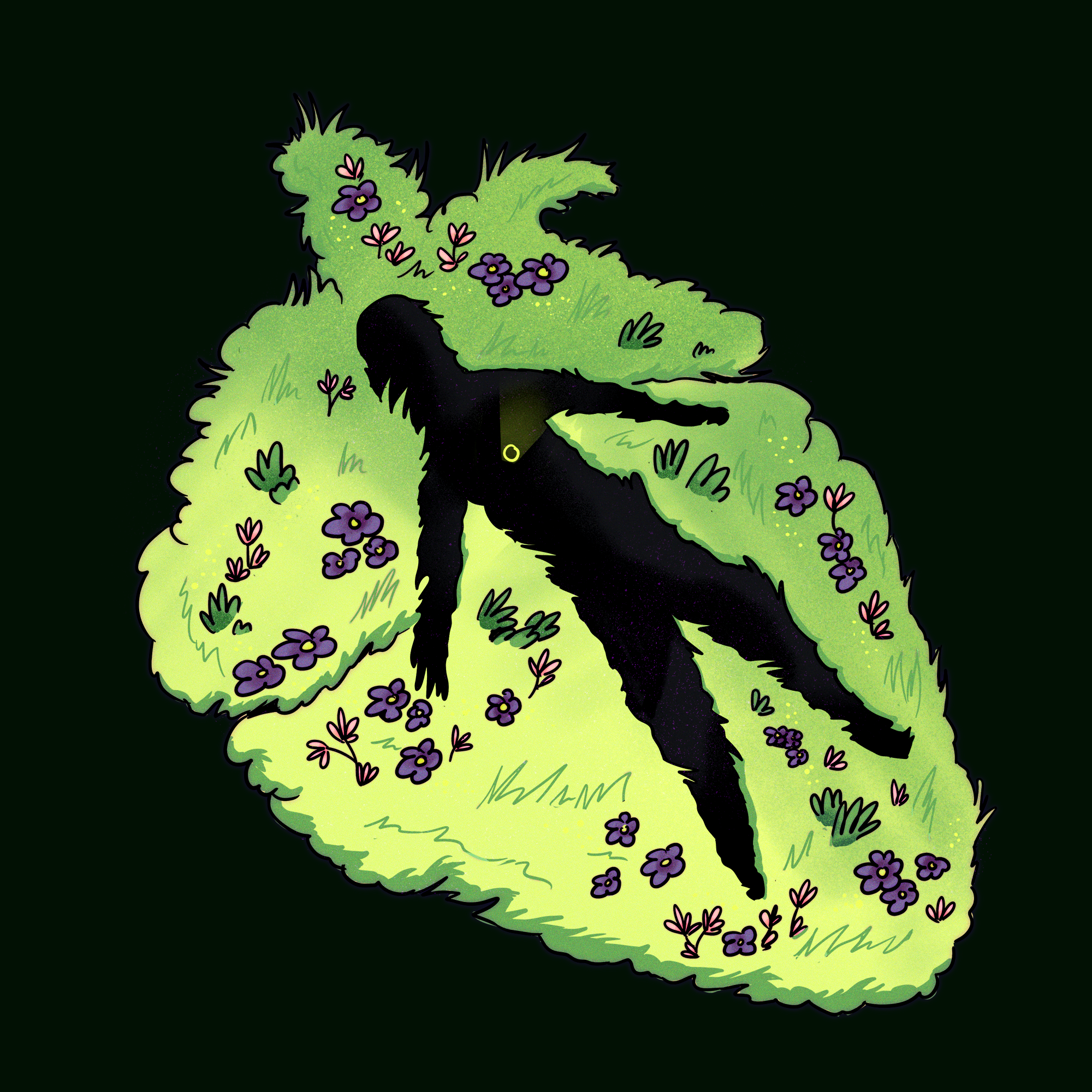 | Nov 24, 2023 |
|
|  | Oct 25, 2023 |
|
| 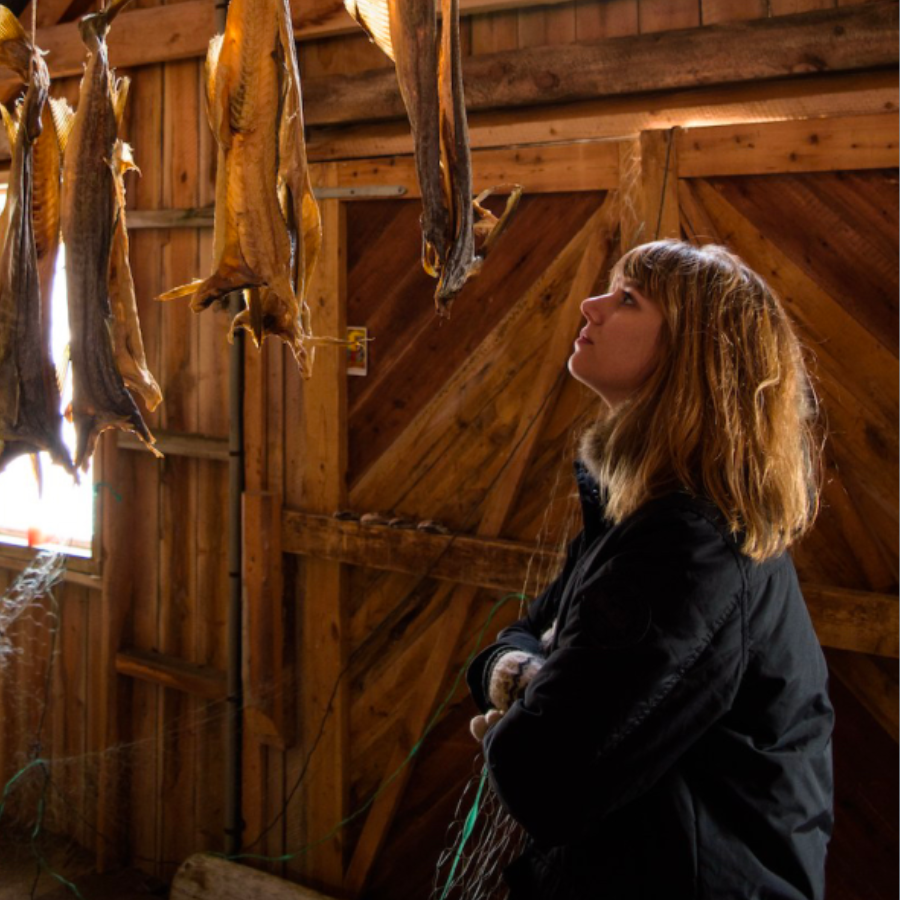 | Apr 25, 2023 |
|
Join our Discord and talk Dirt-y with us.
Follow @dirtyverse on X, @dirt.bsky.social on Bluesky, and @dirt.fyi on Instagram for the latest news and our Spotify for monthly curated playlists.
Shop for some in-demand Dirt merch. 🍄












